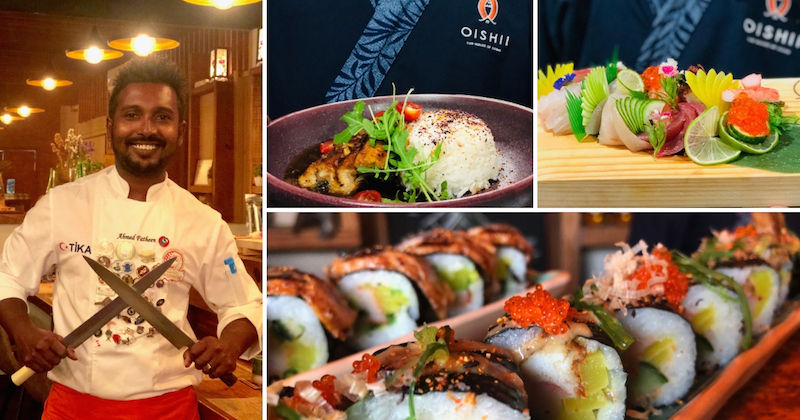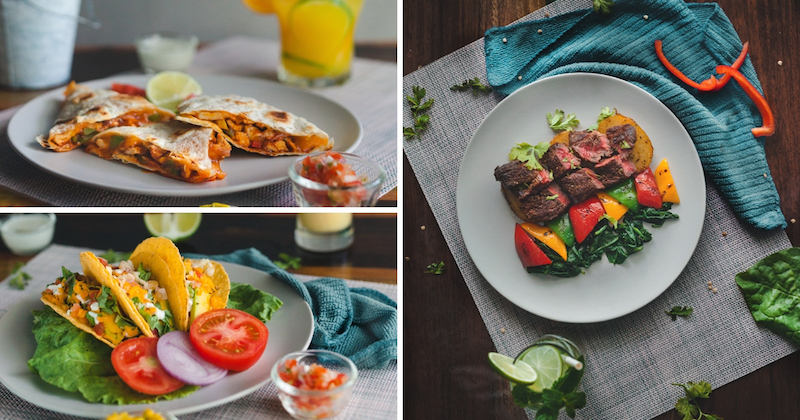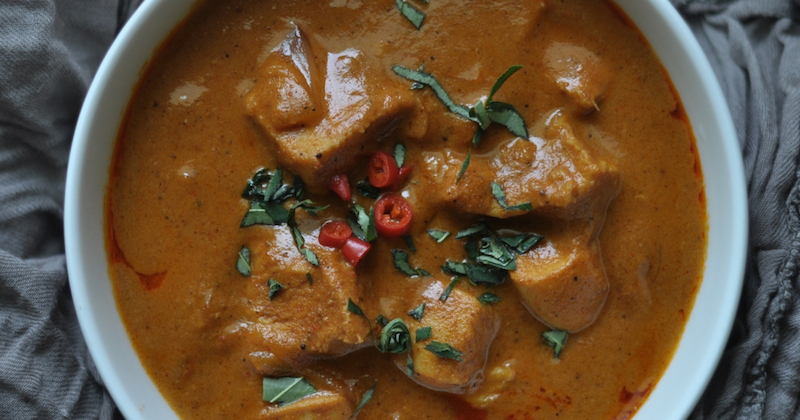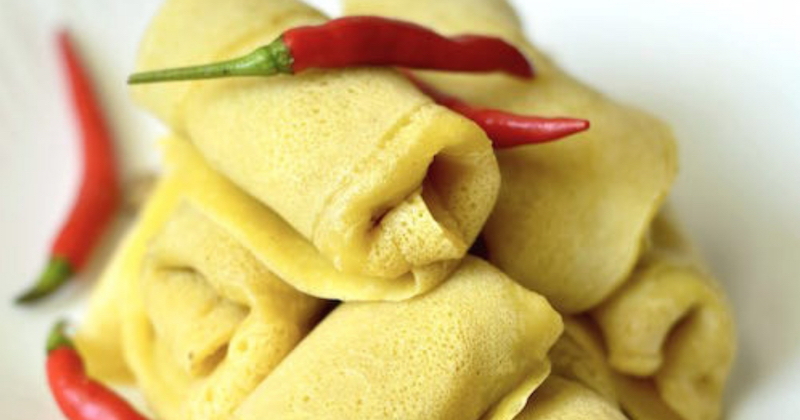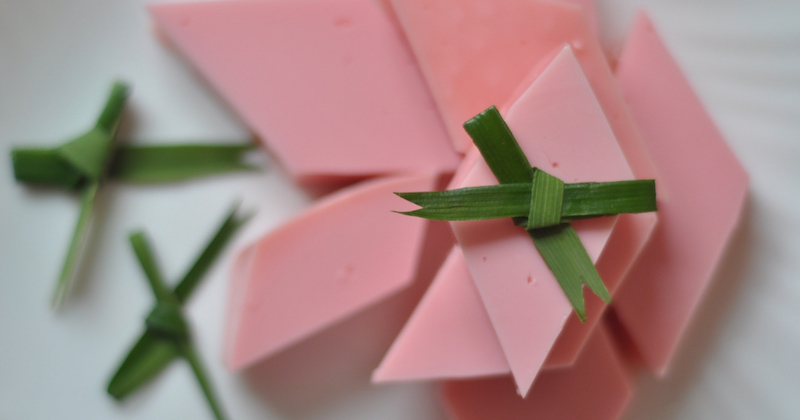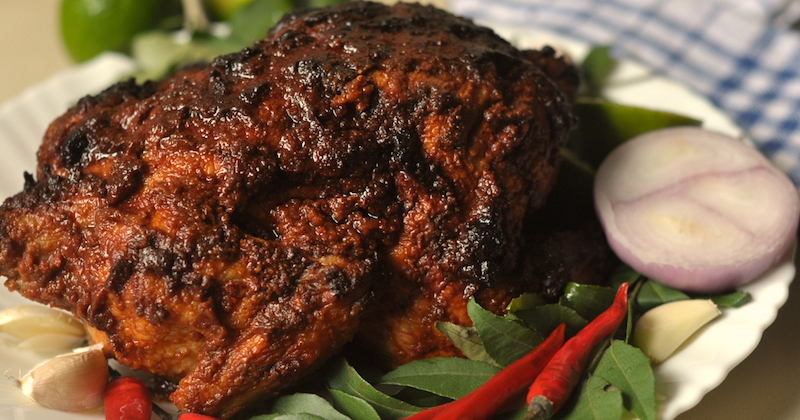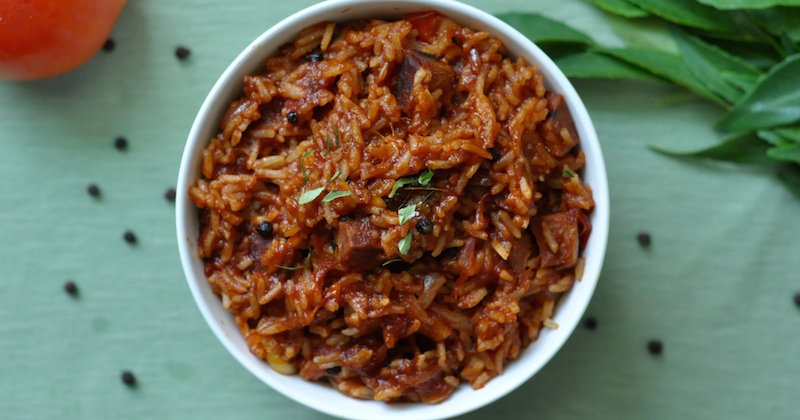Huni hakuru
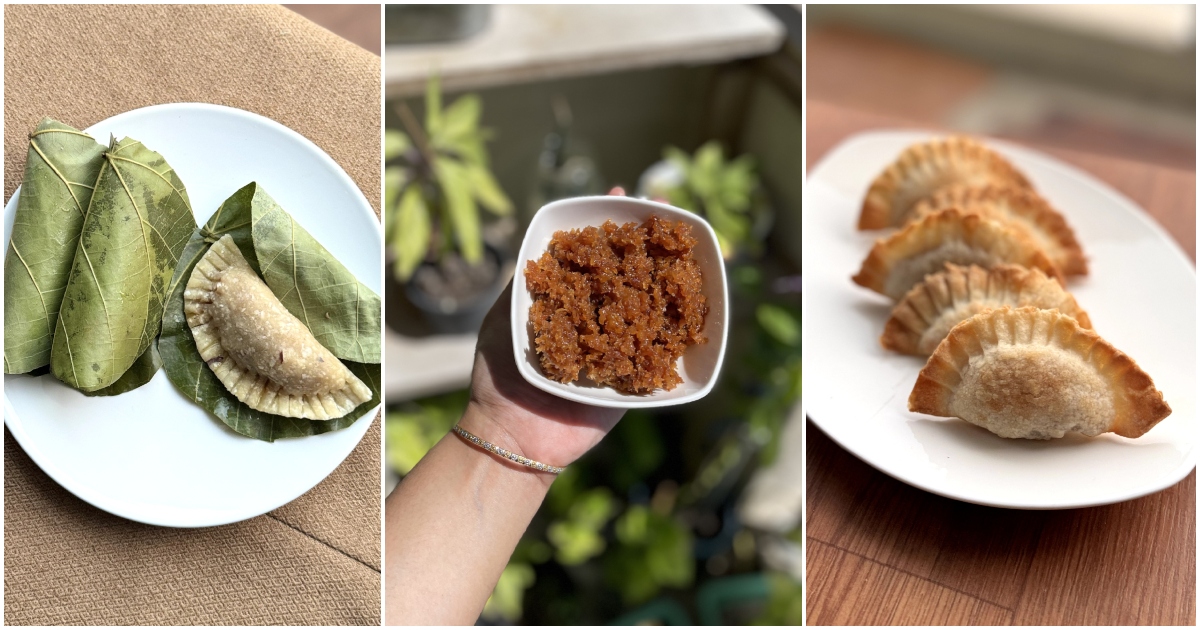
by Iyath Adam
Huni hakuru, which means ‘shredded coconut sugar’ in the Dhivehi language, is a traditional Maldivian sweet treat.
As the name suggests, this delicate dish is made from shredded gabulhi (young coconut) which is cooked with sugar and/or dhiyaa hakuru (coconut honey) slowly, over low flame until it caramelises and turns into a sticky, sweet paste. Other add-ons to this mixture include maafen (jasmine water), cardamom and cinnamon powder. The colour of this paste may change from white to light or dark brown, depending on what’s added and how the huni hakuru is cooked.
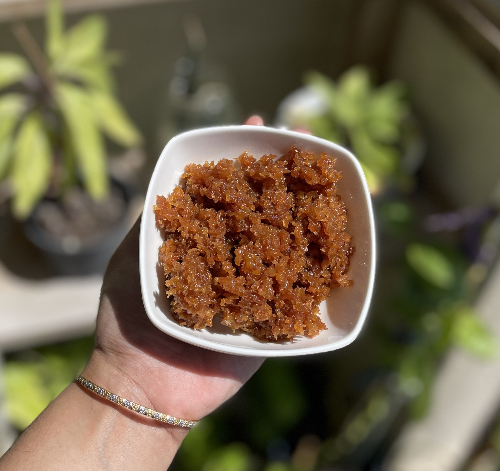
The most famous dish made with this mixture is huni hakuru folhi – a sweet dumpling-like short eat made with huni hakuru as a filling.
Traditionally, the dough of the huni hakuru folhi used to be made with finely ground rice which was mixed with water to make a dough. A thin film of dough is placed over a thoroughly washed and dried dhigaa (sea hibiscus) leaf which provides a cover for the delicate dough. The huni hakuru filling is then placed inside the dough, which is then folded, sealed, (optionally) tied with string, and boiled or steamed until cooked.
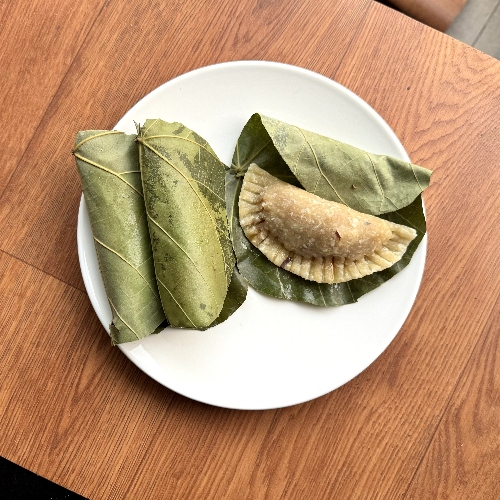
The resulting folhi is a mixture of soft dough and sweet filling with the quintessential Maldivian taste of coconut and coconut honey.
As the years have passed, the preparation of huni hakuru folhi has undergone significant evolution. Nowadays, plain white flour might be used instead of rice flour for the dough. Alternatively, the folhi itself is now usually made with a small gadget used to make tuna patties, which then may be steamed, deep fried, baked or even air fried. While each version of this brings a different texture to the folhi – crispy, crunchy, soft – the huni hakuru filling remains the same.
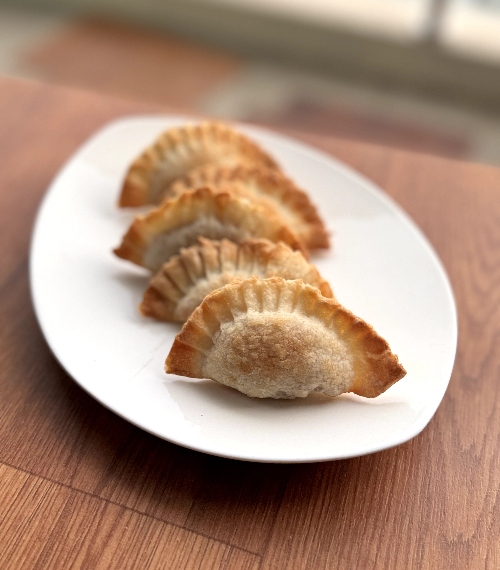
Another Maldivian dish which is made with huni hakuru is Eid kunbus – a special type of sweet boakibaa which is only made for Eid celebrations. To make Eid kunbus, the huni hakuru is mixed with flour which is then wrapped in banana leaves and cooked in the ground with the residual heat of hot ashes which is placed over it. The cooked boakibaa is a sweet, slightly gummy dish which is widely enjoyed across the Maldives!
About Lonumedhu
Lonumedhu is about eating great food right here in the Maldives.
Our easy to follow recipes use locally available ingredients.
In our blog you will find food news, interviews with chefs and cooks, useful information about eating out and other foodie reads.
Contacts
© Lonumedhu.com 2017-2026. All rights reserved. No part of this website may be reproduced without the written permission of the publisher.
Advertisers
Lonumedhu.com has partnered with Qualia Pvt Ltd, a publishing & marketing agency, for its desktop and mobile advertising.
Advertising enquiries should be directed to (960) 987 4396 or marketing.sales@lonumedhu.com.

